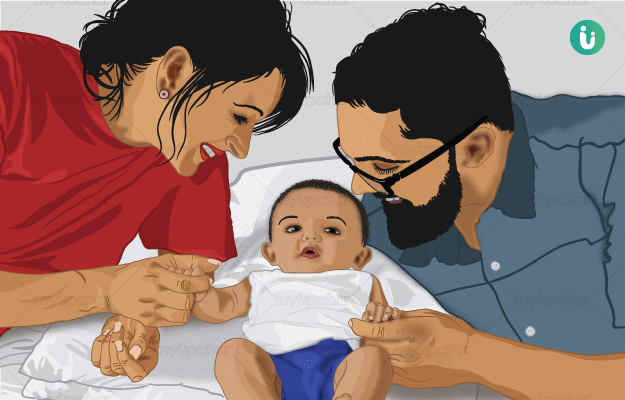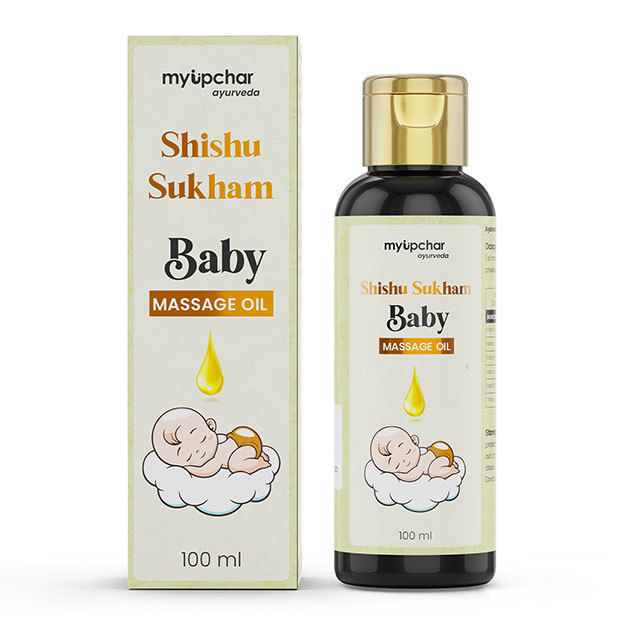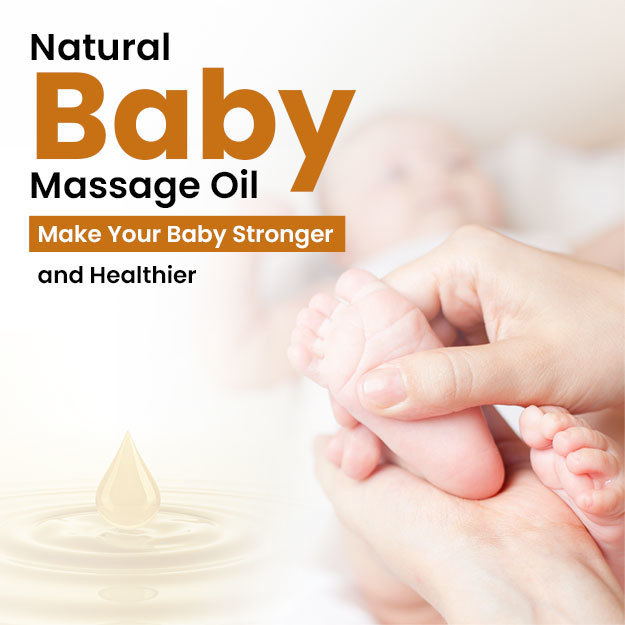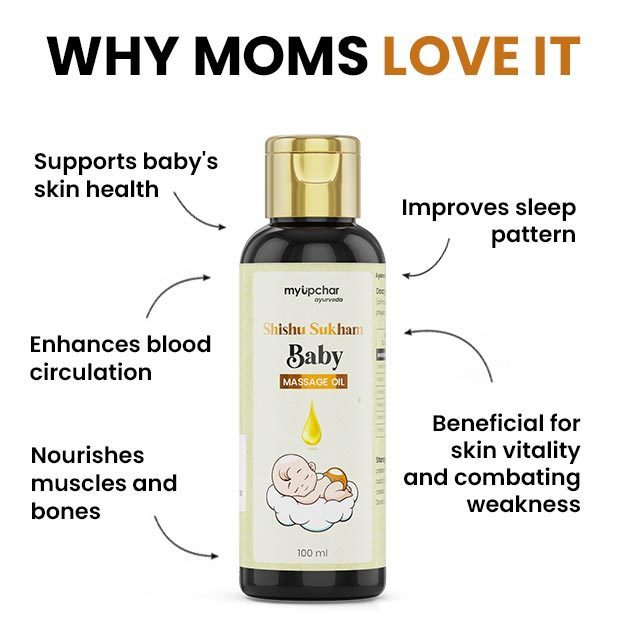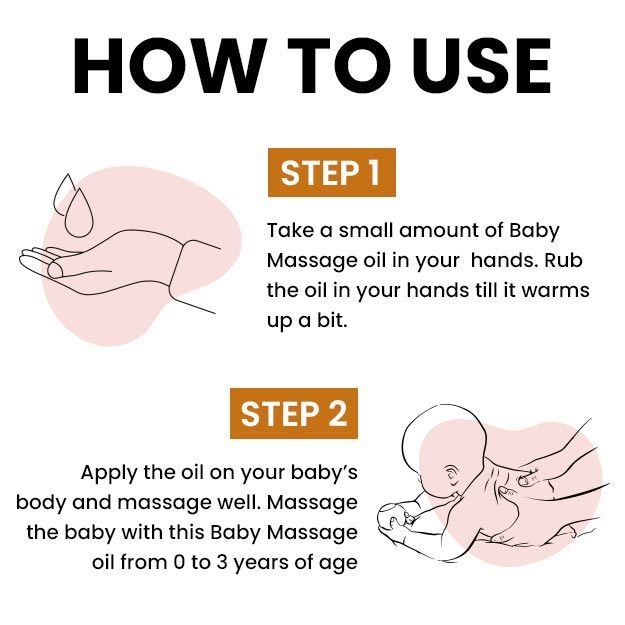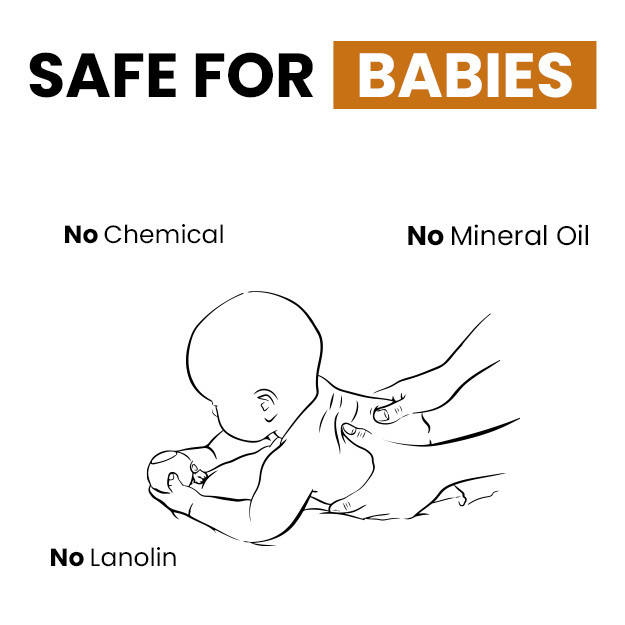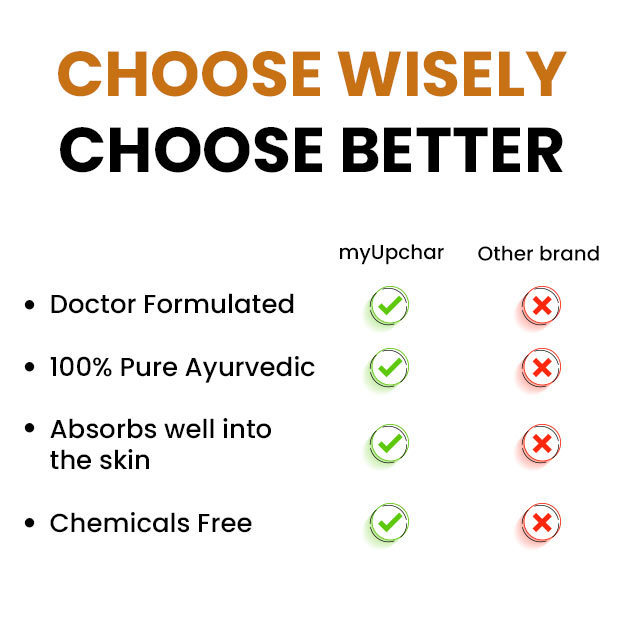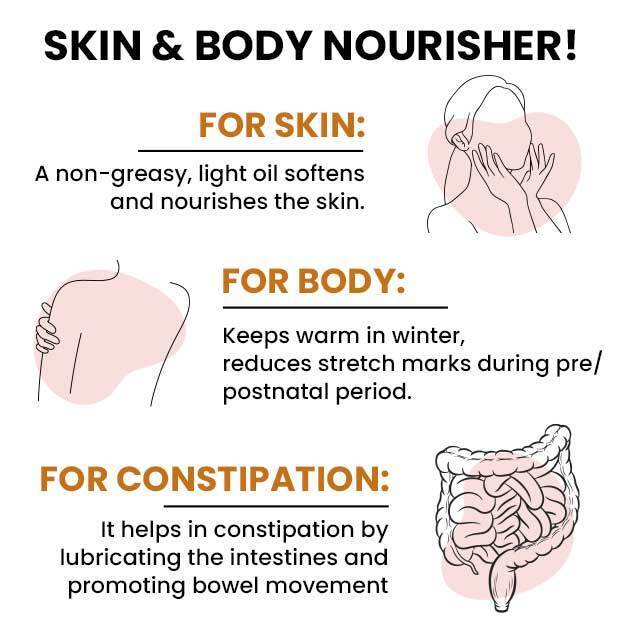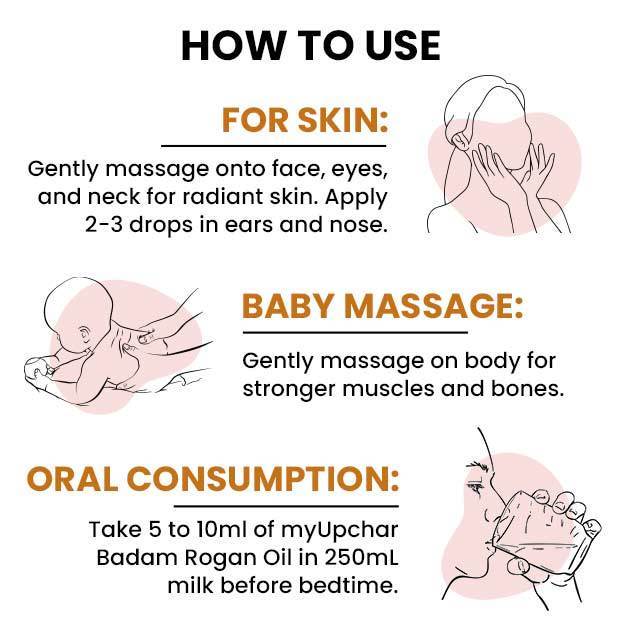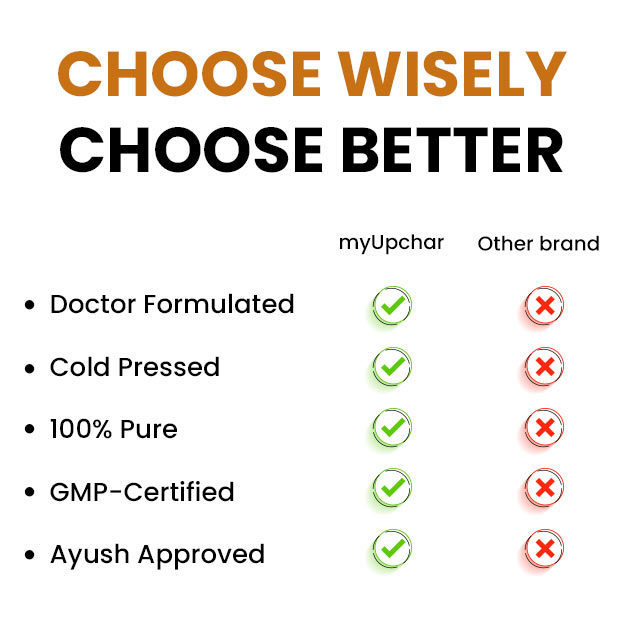Congratulations on the birth of your baby, and welcome to parenthood. You must be excited about the arrival of your baby, and looking forward to taking him or her home soon to start enjoying your time with your newborn. But you must understand that the first few hours, days, weeks and months after your baby’s birth are going to be very hectic. They might even feel like a whirlwind with so much to take care of, especially if you’re new parents.
Whether you took newborn care classes during your pregnancy or not, the ground realities of dealing with a little baby who needs to be fed, cleaned, put to sleep and cared for almost non-stop will hit you soon. So, being prepared for the arrival of your baby is very important.
We hope that you asked for, and got, skin-to-skin contact with your baby in the first hour after birth. From this point on, please understand that taking care of a child is not just a mother’s responsibility, but a father’s too. New parents might also need extra support, so enlisting the help of grandparents or relatives might be needed if hiring a nurse or nanny is not affordable. It’s also important to learn some basics while the baby and the mother are still at the hospital after delivery.
Nurses can teach you about why babies cry in the first 24 hours, how to hold the baby properly and help the baby latch on to breastfeed. Having a paediatrician on board is also very important in case you need a consultation or if there’s an emergency. Your baby will also get vaccines like the hepatitis B birth shot and BCG to guard against tuberculosis at the hospital. The medical staff will also check the baby's skin colour or appearance and muscle tone among other metrics to arrive at the baby's Apgar score.
Apart from knowing when and how to feed and clean the baby, parents should also keep a close watch for symptoms of minor and major illnesses. You should know how to take the baby’s temperature, what to do if your baby has a fever or upset stomach, and know how to soothe the baby if he or she is crying. You should also know about complications like sudden infant death syndrome (SIDS), which the baby is at risk of until he or she is 12-18 months old.
Here’s everything you need to know about handling and nurturing your baby the right way from the time you welcome him or her home from the hospital.
Feeding and burping your baby
According to the American Academy of Pediatricians and the World Health Organization, it’s very important to exclusively breastfeed the baby for the first six months. There are a number of benefits of breastfeeding for both the mother and the child, so this process should not be avoided unless you have been infected by the human immunodeficiency virus (HIV), have trouble lactating or do not want to breastfeed at all.
In these cases, the baby is usually bottle-fed formula milk, but you should be aware that formula milk is made of cow’s milk, which does not have the same antibodies as breast milk does. These antibodies are important because apart from being the sole source of nutrition for the baby, breast milk also provides the baby with primary immunization from a number of diseases. Until the baby receives all the vaccines, the antibodies from breast milk play a vital role in building the baby’s immune system and keeping him or her safe.
Whether you’re breastfeeding or bottle-feeding your baby, here’s are a few things you should know:
- Babies should be fed on demand, based on cues like crying, making sucking noises or sucking on the thumb or other fingers.
- Newborn babies need to be fed every two-three hours. As they grow older, the feeding volume and duration will increase, but the number of feedings will decrease.
- Hold the baby properly in place before helping him or her latch on to the breast. This might take some time in the beginning, but you will ease into it gradually and so will your baby.
- If you’re breastfeeding, make sure your baby nurses on both breasts. If you don’t do this, then you are more likely to get sore breasts, breast pain, nipple pain and other issues.
- Make sure your baby is eating enough. Your breasts should feel fuller before the feeding and lighter afterwards. If you’re bottle-feeding then it’ll be easier to note if your baby is eating enough, thanks to the measurements on the bottle.
- If your baby doesn’t seem interested in feeding or suckling, consult your paediatrician immediately.
Babies often swallow air during feeding, which is why it’s very important to burp them after feeds, or while switching from one breast to the other. Your baby will let you know if he or she needs to be burped during feeds by being gassy, spitting up and being fussy. Here are a few tips you can use to help your baby burp:
- Hold your baby upright by supporting his or her head and neck.
- You can hold the baby upright against your chest, on your lap or on the knee.
- Always pat the baby’s back gently.
- If the baby is not burping properly, then shift positions.
- Sitting on a rocking chair can also help with burping.
- If your baby spits up too much do consult the doctor to find out if he or she has infant reflux (gastroesophageal reflux disease or GERD).
How to check that your baby is healthy?
Keeping a track of your baby’s development and general health is very important. Since your baby cannot communicate directly, his or her body will show symptoms of any health issues. You should be cautious about these to ensure that your baby is healthy and developing properly. Here are a few things you should keep in mind about your baby’s health:
Vaccinate: Make sure your baby receives all the vaccines he or she needs. This will ensure that the baby does not get any major illnesses. The first round of vaccines will start with a hepatitis B vaccine within the first 24 hours, followed by vaccines for rotavirus, whooping cough, diphtheria, tetanus, polio and pneumococcal disease in three rounds (usually administered in the second, fourth and sixth months). Immunizations for flu, chicken pox, measles, mumps, rubella, hepatitis A and others will be administered as your baby grows older.
Doctor’s checkups: You should never miss an appointment with your paediatrician, even if you do consult them on a regular basis on the phone. This is because the doctor needs to do a thorough physical checkup of the baby to know if everything is as it should be. These checkups will be scheduled frequently during the first six months.
Maintain a milestones diary: Most hospitals provide new parents with a milestone diary, but even if they don’t, you should maintain a record of your baby’s development in the first 12-18 months. This will help you keep a track of your baby’s development, especially related to weight, height, cognitive development and motor skills.
Medical essentials: There are a number of medicines and medical tools that are deemed baby-safe. Consult your paediatrician before stocking up on them. Keep them handy. These essentials must include:
- Digital rectal thermometer
- Diaper rash cream
- Baby soap
- Baby lotion
- Petroleum jelly
- Medicine droppers
- Cotton swabs and balls
- Infant acetaminophen for fever (or any other medicine recommended by your paediatrician)
- Antibiotic cream
- Tweezers and baby nail clippers

